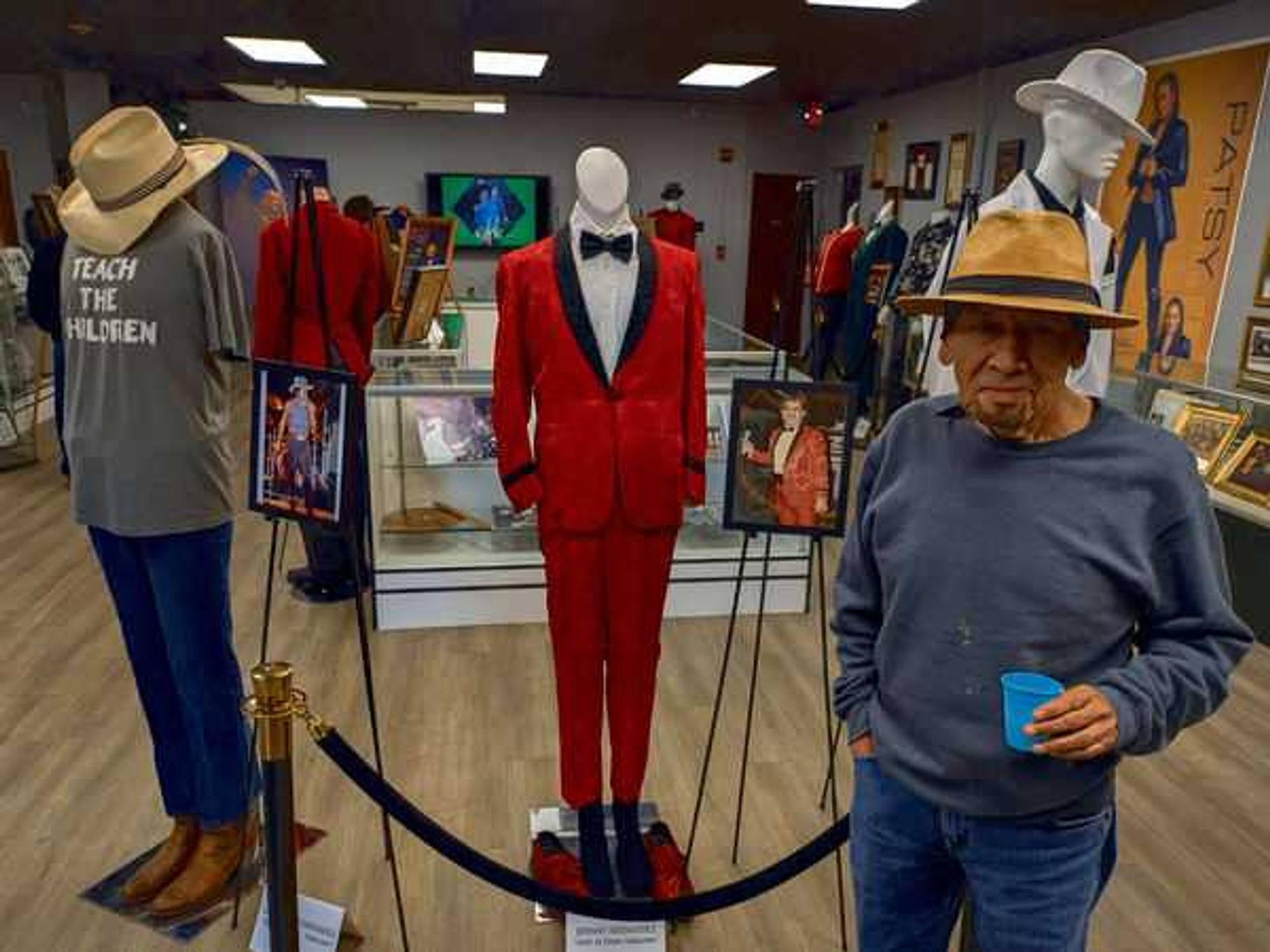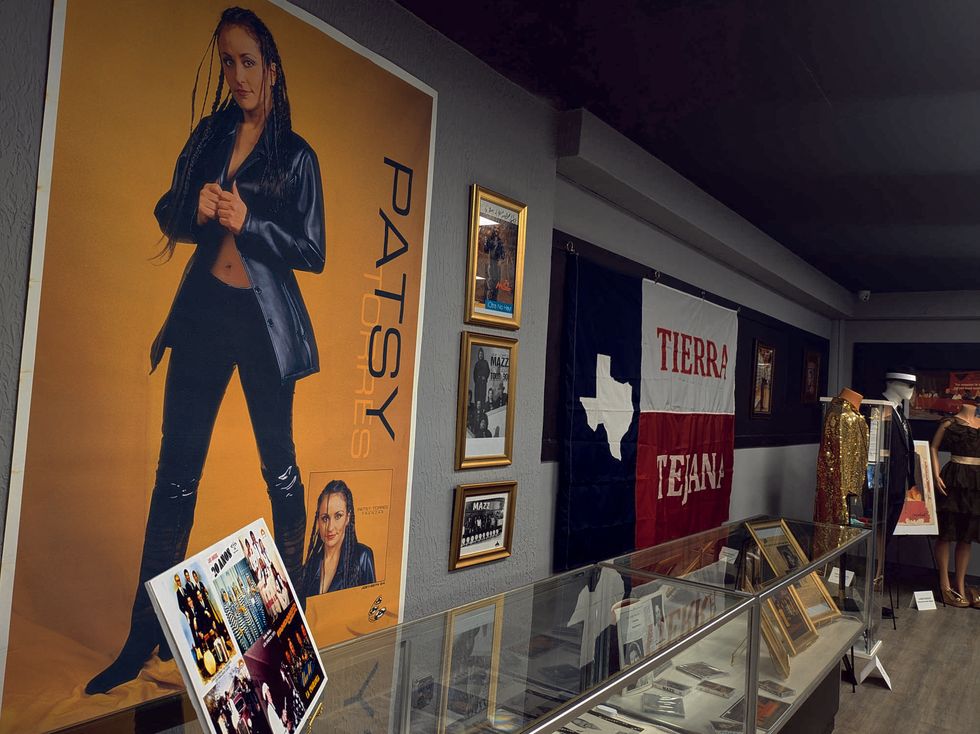Darwin to Kakadu
From rowdy city to crocodile "bush," Australia’s Top End packs anurban-aboriginal punch
 Looking out across Kakadu National Park, the tropical savanna and wetlands beloware a wildlife haven.Photo by Stephan Lorenz
Looking out across Kakadu National Park, the tropical savanna and wetlands beloware a wildlife haven.Photo by Stephan Lorenz A short-eared rock wallaby ogles the observer before bouncing over the cliff andout of sight. These rare marsupials are threatened by wildfires and overgrazing.Photo by Stephan Lorenz
A short-eared rock wallaby ogles the observer before bouncing over the cliff andout of sight. These rare marsupials are threatened by wildfires and overgrazing.Photo by Stephan Lorenz Even in Darwin, it is easy to find an abandoned stretch of beach. Here,casuarina trees flank its namesake beach. Certain stretches of sand here allowfor nude bathing. I stayed out of the water in general.Photo by Stephan Lorenz
Even in Darwin, it is easy to find an abandoned stretch of beach. Here,casuarina trees flank its namesake beach. Certain stretches of sand here allowfor nude bathing. I stayed out of the water in general.Photo by Stephan Lorenz The signs are no joke, so stay out of the water.Photo by Stephan Lorenz
The signs are no joke, so stay out of the water.Photo by Stephan Lorenz Gunlom Falls offer a 100-percent crocodile-free refresher after a long day ofhiking and exploring.Photo by Stephan Lorenz
Gunlom Falls offer a 100-percent crocodile-free refresher after a long day ofhiking and exploring.Photo by Stephan Lorenz Sandstone outcrops provided shelter for aboriginal people in this otherwise flatland of dry savanna and swamps.Photo by Stephan Lorenz
Sandstone outcrops provided shelter for aboriginal people in this otherwise flatland of dry savanna and swamps.Photo by Stephan Lorenz Kakadu National Park has some of the best preserved aboriginal rock art inAustralia.Photo by Stephan Lorenz
Kakadu National Park has some of the best preserved aboriginal rock art inAustralia.Photo by Stephan Lorenz This is as close as I got to a saltwater crocodile, or “saltie” as the localscall them. It basks on a muddy bank in Kakadu National Park, which supports ahealthy population, demanding healthy respect.Photo by Stephan Lorenz
This is as close as I got to a saltwater crocodile, or “saltie” as the localscall them. It basks on a muddy bank in Kakadu National Park, which supports ahealthy population, demanding healthy respect.Photo by Stephan Lorenz Darwin is just big enough to allow for some good bike rides and just smallenough to be able to reach everything without lactic acid build-up. Here, we'relooking back at the city from one of many coastal nature reserves.Photo by Stephan Lorenz
Darwin is just big enough to allow for some good bike rides and just smallenough to be able to reach everything without lactic acid build-up. Here, we'relooking back at the city from one of many coastal nature reserves.Photo by Stephan Lorenz Darwin is a beautiful city of green spaces along the blue Timor Sea. A smalldowntown is surrounded by suburbs interspersed by beaches and parks.Photo by Stephan Lorenz
Darwin is a beautiful city of green spaces along the blue Timor Sea. A smalldowntown is surrounded by suburbs interspersed by beaches and parks.Photo by Stephan Lorenz
After spending three months in the “bush,” as Australians call the woods, the nightlife of Darwin was at first a bit unnerving.
I stumbled into the only open hostel, wired from a 22-hour bus ride, just wanting a bed. The trip from to Darwin was long and uncomfortable. After watching red dirt and scattered trees race by the window for six hours, I curled up on the seat and tried to nap.
Near midnight, Darwin was alive, partiers were returning or heading back out, several inebriated people screeched in the hallway, and techno was blaring.
Weary Spiderman takes matters into his own hands
I grabbed my sheets and went upstairs to room 273 — or something like that. The light stayed on all night, and people came and went. By 6 a.m., everybody had finally passed out, and I decided to make a run for it.
Disoriented from lack of sleep, I found myself on the roof top, followed an exit sign to a broken elevator, and in near-panic, I finally went through the emergency exit.
The door shut behind me. I found myself trapped in the outdoor fire escape — a narrow stairway surrounded by a metal cage leading up to the second floor.
I threw my backpack over the cage into the street three stories down. Squeezing through an opening, I noticed I apparently hadn’t been the first one here.
I jumped into the street, thankfully abandoned in the cool morning.
The look of the girl behind the counter as I walked through the front door to return my used linens was nearly priceless — well, actually it cost me $25.
I wanted to say, “Well, this fucking hostel is so noisy, I decided to sleep in the street, and took my linens with me." The way I felt, I might as well have slept in the street.
Yes, I know, I know — what was I thinking, spending the night in a hostel during the high season in Darwin, expecting some peace and quiet?
Fortunately, a friend of mine had just bought an apartment somewhere on the outskirts of the city. After getting confused with the weird address system in Australia, a home owner took pity on me after I walked into his yard and drove me to the right spot.
Our superhero rests and refreshes
After a good night’s rest (at long last), I was finally ready to explore the city.
Darwin, the capital of the Northern Territory, sits right in the Top End on the blue Timor Sea. During the dry season, young people flock from all over Australia to work in the bustling tourism industry. During the wet season, the humidity and heat rise to near intolerable levels.
I had arrived right before what the locals call "the build up," where moisture and heat condense into thick air and clouds. But it doesn’t rain just yet. It's apparently the worst time of the year.
Luckily, I had acclimated, working in the Kimberley for three months, and borrowed my buddy's bicycle to explore. Darwin is small and it has beautiful ocean views and green parks.
I rode out to East Point Reserve along Fannie Bay. A group of people and several police officers stood along the beach looking out over the water. Apparently a saltwater crocodile had been spotted, and swimmers were advised to take a break.
I stayed out of the water and continued cycling to Casuarina Beach — a long stretch of hard sand.
Halfway along, a sign warned that the clothing optional section was beginning. I turned around — I'd rather take my chances with the crocodiles.
Bush-bound again
After a few days relaxing in Darwin and reconnecting with civilization, it was time to return to the “bush." And no visit to the Top End of Australia is really complete without a visit to the famous Kakadu National Park, a world heritage site.
I'd rented an overpriced hatchback in Darwin, and drove 150 miles east along empty Arnhem Highway, crossing the mighty Adelaide River before entering the park.
Refreshingly, many national parks in Australia charge no entry or camping fees — many of them are too vast to manage. The park protects some of the best examples of aboriginal rock art anywhere in Australia, and fine examples can be seen at Nourlangie or Obiri Rocks. Here, art has been painted on overhanging gray sandstone.
It pays to arrive in the early morning to have some quiet while exploring the unique drawings depicting animal, human, and abstract shapes. In the afternoon, it's possible to catch a ranger-led talk about the meaning of the paintings. I learned that depictions of animals often reveal how to properly hunt, collect, and prepare certain species for food.
There was no escaping those crocodiles upon my return. Several “salties,” some near 20 feet long, sprawled on the cracked mud along the aptly named Alligator River in Kakadu National Park. I kept some space between me and the water’s edge, and observed from a respectable distance.
Kakadu National Park is a land of stark contrasts, ranging from rugged sandstone plateaus and arid grasslands plagued by wildfires to immense swamps and rivers. Many of the campgrounds are located near bodies of water and mosquitoes can be fierce by the time the sun has set.
Most days were finished early, and I went to sleep with the smoke and crackling noise of a nearby wildfire drifting in (apparently something that is not unusual here).
The view is better from here
I couldn't leave Kakadu National Park without one last adventure to Gunlom Falls.
I followed a steep trail leading up the escarpment. A thin ribbon of water plunged into green monsoon forest below. I was fortunate enough to come across a short-eared rock-wallaby, a small marsupial that bounces along craggy cliffs and is not often seen.
With clothes drenched in sweat and calves burning, I pitched into the pool of clear water that had carved a basin right at the lip of the waterfall. The current was gentle, the water cool, and 100-percent crocodile free.
Steep sandstone studded with yellowed spinifex grass bulged above the creek. Beyond the cliff stretched hundreds of miles of plains, red dirt interspersed by scattered trees.
But from here, perched above the falls or clambering along one of the stone ridges, the view was a lot better than from a bus window.
I stayed for hours.

 The newly opened Totally Tejano Hall of Fame and Museum includes a growing collection of memorabilia. Photo by Edmond Ortiz
The newly opened Totally Tejano Hall of Fame and Museum includes a growing collection of memorabilia. Photo by Edmond Ortiz